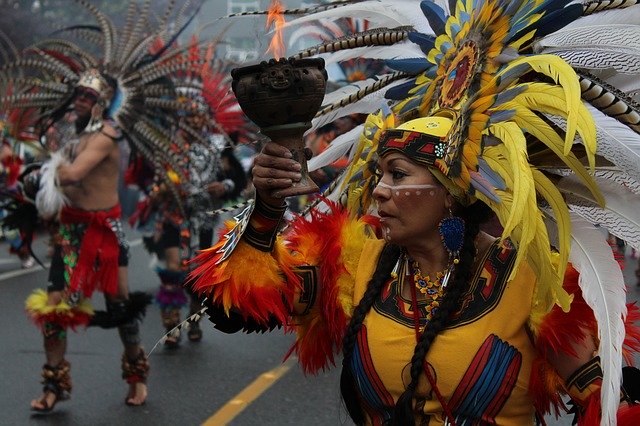
Welcome back and thanks for joining us. We’ve been looking at the Indian Child Welfare Act (ICWA), and how the current legal challenge to this law could impact thousands of native children all over the country. Having discussed the history behind the act, and what led to its passage in Congress, we’d like to share with you some details about what’s going on right now, and why it’s so controversial.
Despite the fact that ICWA is a federal law, many state child welfare agencies don’t understand it. And many choose to ignore it. But the recent challenge, where three states and several private organizations are looking to have the law declared unconstitutional, would be the biggest blow to the only shield protecting tribal children and their families.
Who wants to have ICWA declared unconstitutional and why?
This all started because Chad and Jennifer Brackeen (a non-Native couple) fostered a young boy registered as a member of the Navajo and Cherokee Nation. After a year and a half of fostering, the Brackeen’s wanted to adopt, but the law prevented them. They filed a lawsuit against the U.S. Interior Dept. and although there was a Navaho family willing and available to take the boy, the Brackeens went ahead, and were granted adoption rights. However, getting the boy didn’t stop the lawsuit, and by then several other organizations and states had attached themselves along the way.
Texas, Indiana, and Louisiana were named as plaintiffs, as were the Goldwater Institute; the National Council for Adoption, and another evangelical faith-based adoption agency. On October 4, 2018, U.S. District Judge Reed O’Connor in Texas ruled that the Indian Child Welfare Act is unconstitutional because it’s race-based. Interestingly, the court later chose to vacate its decision and then announced that it would rehear the case En Banc, which means all the Judges of that court would rehear the case.
Who supports the Indian Child Welfare Act?
According to the National Indian Child Welfare Association, the following are supporters of the ICWA:
- 486 federally-recognized tribes and 59 tribal organizations
- 26 States and District of Columbia
- 77 Members of Congress (bipartisan)
- Native American Women, American Civil Liberties Union, and others
- Quapaw Nation
- Casey Family Programs and 30 Child Welfare organizations around the US
- Numerous Indian Law Professors
- Many Administrative Law and Constitutional Law Professors
- Professor Greg Ablavsky – Stanford School of Law (Constitutional Originalist)
- Several Attorney Generals (including Michigan’s Dana Nessel, and others from Arizona, Alaska, California, Minnesota, Utah, Washington, New York, and Rhode Island, to name a few)
How this ends could have huge implications for Tribal children in future.
Michigan’s Attorney General has been vocal in her support of the ICWA being constitutional. And she is not the only one. There is overwhelming support for this law being recognized and left in place, but support isn’t enough, and the court isn’t often swayed by public opinion. It remains to be seen how this case plays out, and whether or not it will affect the way Native American children’s foster care is handled in the future.
However, that aside, we believe very strongly that children should remain with their families. As attorneys, we believe that unless a child is truly at risk of violence, they should be cared for by their parents. We’ve seen the damage done by government overreach and CPS intervention, and as parents it breaks our hearts to see the pain suffered by so many Michigan parents who lose their children to a corrupt and broken child welfare system. Don’t be the next statistic! Call 866 766 5245, and let us help you protect your kids!

